Apr 30, 2009-2009
Kenya
Sex Strike to reduce political in-fighting in Kenya
Share
ACTIVISTS/ACT.GROUPS/DESCRIPTION OF THE GROUP
Women's Development Organization coalition
TARGET
Kenyan political parties
WIDELY HELD BELIEF
If political parties opposed each other on issue-based topics, the unity of the national government could be maintained.
CASE NARRATIVE
Issue and Opponent: From 2007–to 2008, Kenya went through a crisis after the reelection of Mwai Kibaki in the December parliamentary election. Kibaki’s victory in this election was marred with controversy as the opposition party (Orange Democratic Movement) led by Raila Odinga began claiming that the election was rigged by Kibaki’s party. To add to the confusion, the international community and third-party observers started condemning both the ruling and the opposition for the rigged election. Amid these allegations and counter-allegations, Kenya’s election commission declared Kibaki as the winner but maintained that the election might have been manipulated. Kibaki’s re-election as the Kenyan president triggered tension throughout the country between supporters of Kibaki and Odinga and the inter-party frictions rose to the level of crisis. Tired of a dysfunctional political system, Kenyan female activists held a sex strike in 2009 to end the power struggles between the country’s President, Mwai Kibaki, and Prime Minister, Raila Odinga.
Dilemma Action: To protest against the instabilities that were created by the deteriorating relations between the Kenyan President and the Prime Minister, the activists asked the female partners of the politicians to boycott sex to their male partners. The protest was launched on April 30. To prevent men from seeking help from prostitutes to satiate their sexual needs, the Women’s Development Organisation coalition declared that they would pay prostitutes and ask them to join their strike. The sex strike was called by the Women’s Development Organization (WDO), which is Kenya’s oldest and largest women’s rights group. However, WDO soon joined other women’s rights organizations such as G10, COVAW, CAUCUS, CREAW, FIDA-K, TCI, WILDAF, AWC, DTM, YWLI, Maendeleo Ya Wanawake, and NCWK. The activists demanded that the infighting between the two politicians must come to an end. The Kenyans had elected them and entrusted them with the ruling power over their country. The politicians must respect the people’s wishes and Kenya and instead of engaging in friction against each other, should concentrate on improving Kenya. In 2008, Kenya passed the National Accord and Reconciliation Act which led to the creation of the position of president and two prime ministers in the Kenyan parliament. The protesters demanded that by colliding with each other, the politicians were insulting the Act. Instead, the activists demanded that the politicians should follow the instructions of the National Accord and Reconciliation Act and lead Kenya with commitment. The public should see them making efforts in collaborating and keeping Kenya’s interest first (and not self-interests). Additionally, the protesters demanded that the reform agenda that was in limbo for a long time should be executed at the soonest to benefit the Kenyans. The strikers wanted the resignation of Vice President Kalonzo Musyoka. The sex strike was part of a larger campaign to establish peace and stability in Kenya.
Outcome: The sex strike proved to be successful. The politicians settled their conflicts between them and agreed with many of the demands of the protesters for forming a better government. It ended with a joint prayer session held by President Kibaki and Prime Minister Odinga.
PRIMARY STRUGGLE/GOAL
NONVIOLENT TACTICS USED
DA TACTICS USED
Lysistratic nonaction
CASE NARRATIVE WRITER
SUCCESS METRICS
5 / 12
(CONC) Concessions were made
(EREP) Dilemma action got replicated by other movements
(MC) Media Coverage
(OR) Opponent response
(REFR) Dilemma action reframed the narrative of the opponent
PART OF A LARGER CAMPAIGN
3 / 3
Activist group continued working together after the action
Encouraged more participants to join the movement
Internally replicated by the same movement
RESOURCES
Project documentation
Dilemma Actions Coding Guidebook
Case study documentation
Dilemma_Actions_Analysis_Dataset
SOURCES
BBC News. 2009. “Kenyan women hit men with sex ban
,” Retrieved July 22, 2023. (http://news.bbc.co.uk/2/hi/africa/8025457.stm).
Shaw, Maureen. 2014. “History shows that sex strikes are a surprisingly effective strategy for political change,” Quartz. Retrieved July 22, 2023. (https://qz.com/958346/history-shows-that-sex-strikes-are-a-surprisingly-effective-strategy-for-political-change).
Ajayi, Kunle. 2010. “Exploring alternative approaches for managing electoral injustice in Africa,” Institute for Security Studies Papers. Retrieved July 22, 2023. (https://issafrica.org/research/papers/exploring-alternative-approaches-for-managing-electoral-injustice-in-africa).
Related cases
Nov 8, 2021-2021
United Kingdom
The 2021 United Nations Climate Change Conference, COP26, has generated criticism for the amount of corporate greenwashing it allows to be put on display. It is argued...
/
Aug 1, 2020-2020
Belarus
Issue and opposition: Often labeled as “Europe’s Last Dictator, Belarusian president Alyaksandr Lukashenka, has been in power since 1994. Lukashenko’s most recent elec...
/
Mar 7, 1990-1990
Mongolia
The Mongolian Democratic Union (hereinafter: MDU) was formed in opposition to the Mongolian People’s Revolutionary Party (hereinafter: MPRP). The MPRP came to power in...
/
Subscribe to our newsletters to get full access to all materials on our website.

